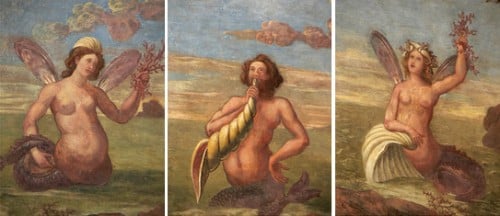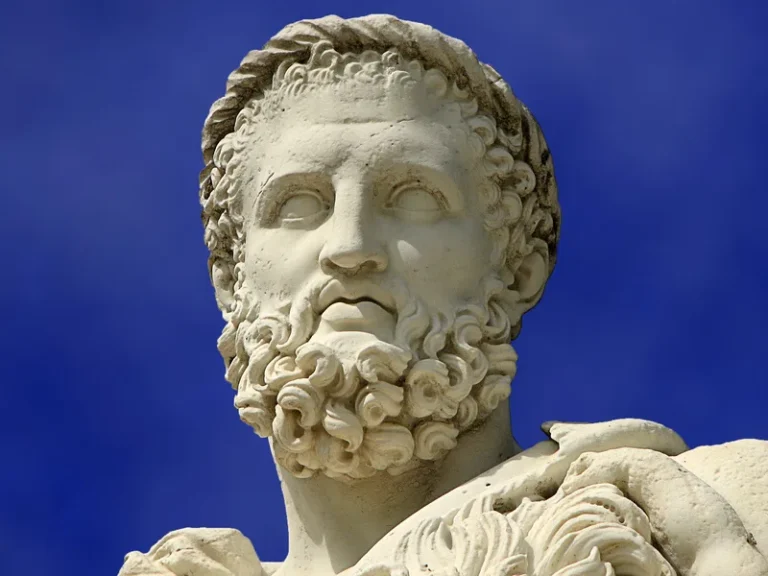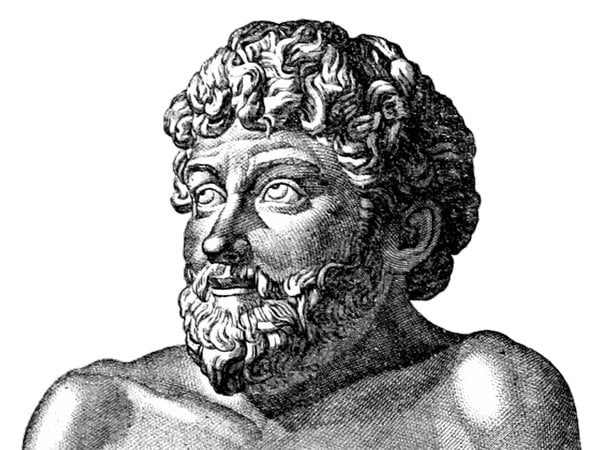Greek Myths
Greek Myths have always been an indispensable part of the Greek mentality and culture; since the ancient years, Greeks were creating myths to justify and explain anything they couldn’t understand, things that happened in nature, the birth of flowers and animals, the bad or good luck and anything they wanted to commemorate and glorify.

The word myth comes from the Greek word “mythos” which refers to a story, a speech, something new and created. Greek myths are variant and diverse; some of them are folk stories, urban legends, or simple mythical stories about gods, deities, their loves or their fights.
Although myths can be based on true events, or even people, they should not be read as history. When it comes to Greek myths though it’s hard to distinguish what is true and what is not; the stories told by Greeks, since the antiquity, feature so many real elements intertwined in the telling, that you can hardly say that a place or a person did not really exist.
Myth, for Homer, was a story told in the epic, while Herodotus thought that myth is a story that describes an unbelievable and idle event. Later, Plato added to the description, suggesting that myth is also a speech, a narration, something said passing from one era to another, from one generation to another. And till today, myth is everything the Greeks said it was; a myth is a story that describes a person, a fact, an event, an epic, a truth. Myth is above all about fascination and imagination, creativity, ingenuity and originality.
Greek Myths Throughout History
Myths have been used by poets, artists, drama writers and musicians for thousands of years. Greeks first, Romans later and then the illuminated minds of the Renaissance made a huge effort to identify, categorize and explain the Greek Myths.
When the time of scientific rationalism came, myths were left behind, although remained as a point of reference for philosophical and psychological issues. Myths were, due to the Christian religion, in danger of being demoted to fairy tales about non existing Gods and monsters, but when the science of psychology rose, they found a new status, and a new reason to exist. Freud, for instance was one of the major scientists that tried to explain the myth of Oedipus Rex, who killed his father and slept with his mother. Greek myths became popular again to the world, from another point of view, and when the first craze went away, Greek myths found again their position in history and the hearts of the people.
But for Greek people, Greek myths are their history, their lives, the way they still explain things. Wherever they travel within their country, there is always a myth, living or resurrected, following them. Stories and legends are always part of their songs and theatrical plays; they gather to watch tragedies and comedies analyzing the myth of a king, such as Oedipus, or the myth of Helen of Troy and Agamemnon who had to sacrifice his daughter in order to satisfy the Gods and allow the ships to sail against Troy.
Who doesn’t like Aesop’s myths? Greek children still grow up reading the fascinating myths of lions and birds, turtles and rabbits. They are funny and interesting, intelligent and educational – an easy and simple way to teach someone the basics, what is good and bad, what is right and wrong, but also a very intriguing way to refer to the complexity of life and its rules.
Like all stories, Greek myths are entertaining, morally instructive, intriguing, some time dark and inspirational. Above all they are fascinating. This is why we invite you to follow us to a trip into the Greek Mythology and Greek Myths.



